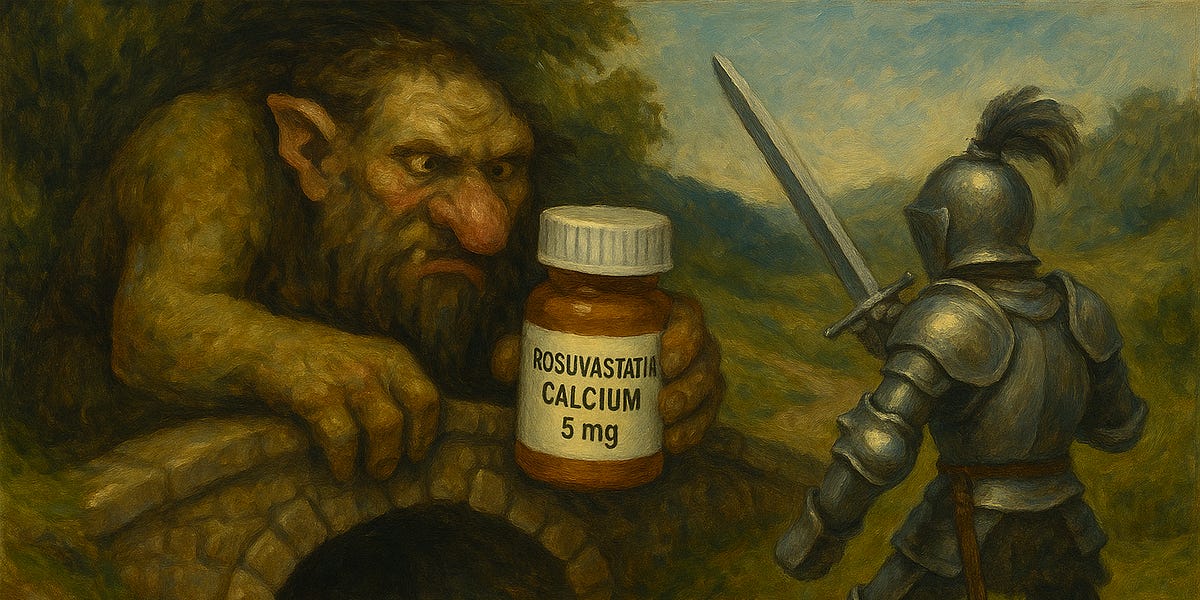Hims & Hers: Disrupting Healthcare, or Just Disrupting Ethics?

Hims & Hers, a telehealth company, has built a billion-dollar empire by exploiting loopholes in FDA regulations. They mass-produce and sell untested weight-loss and erectile dysfunction drugs, sourcing ingredients from questionable Chinese suppliers. While marketing themselves as disruptors offering affordable healthcare, their prices are significantly higher than generic alternatives. The article details how Hims & Hers leverages regulatory complexities to maximize profits at the expense of patient safety, raising serious concerns about regulatory capture and the ethical implications of prioritizing convenience over care.
Read more
